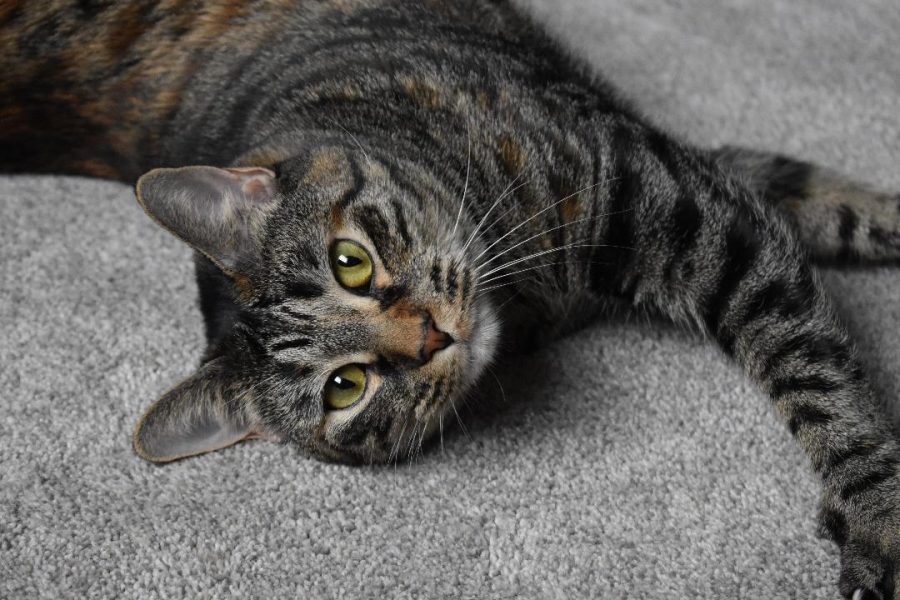Pandemic Pets
September 18, 2020
The COVID-19 pandemic has turned people’s worlds upside-down in ways we couldn’t have imagined. It is not only affecting people but the lives of pets too. As non-essential workers lose their jobs and sources of income, pet care expenses can become too much to pay. This lands many pets in already crowded shelters and rescues. These shelters and rescues depend on volunteers, fundraisers and donations to successfully care for and adopt out homeless animals. Before now, the need for fundraising, adopters, fosters and volunteers have never been higher. The number of animals going into shelters and rescues far outweighs the amount getting adopted, which is why funding and volunteers are so vital right now.
There has always been an overwhelming amount of pets being turned over to shelters and rescues. However, the pandemic has dramatically increased this number. Ali Dunstan, the director of a local pet rescue organization, the FishHawk TNR, and Chelsea Edmonds with First Ladies Farm and Sanctuary have explained how the pandemic has affected the rescue in different ways.
“As a partner rescue to Hillsborough County Animal Services, we were faced with about a 75 percent increase in stray and injured animals in need. We of course rescue responsibly and take in what we have space and finances for but each of our volunteers stretched themselves much further than normal in regards to how many fosters we all have had during this time. Where someone usually may have one to three kittens, they’d now have five to seven.” Explains Dunstan. Rescue organizations are pushing themselves and stretching the resources they have in order to help as many animals as they can at this time.
Just as more pets are being surrendered due to circumstances caused by COVID-19, many are also finding homes for the same reasons. Lots of people have taken interest in adopting a furry friend to quarantine with. Despite all the ways COVID-19 has negatively impacted animal shelters and rescues, they are seeing a big increase in attention from people interested in adopting.
“There was a definite spike in adoption inquires that stemmed from the pandemic”, answers Dunstan when asked about the effect COVID-19 has had on adoption rates. First Ladies Farm and Sanctuary have had similar results.
“Adoptions are much better as people want the companionship from an animal they are missing in their social lives.” Says Edmonds.
As previously mentioned, animal rescue organizations like the FishHawk TNR depend on donations and fundraisers to operate. Unfortunately for these rescues, the pandemic has severely limited their ability to fundraise.
“The pandemic had a very negative impact on our fundraising abilities mostly because we had to cancel several events. We of course had to move all fundraising to virtual platforms like Facebook in order to keep donations coming in,” says Dunstan.
When times get tough, many people seek comfort from their pets. This is why there is an increase in adoptions, but rescues worry about what happens when this is all over. Rescues fear that animals they adopt out will be discarded when people stop looking to their pets for comfort or simply get bored with them. Both Dunstan and Chelsea Edmonds with First Ladies Farm and Sanctuary, explain that pets are for life. Before bringing in a new pet, you have to think if it’s something you will still want after the pandemic. Animals are not disposable and are a 10 to 20 year commitment.



